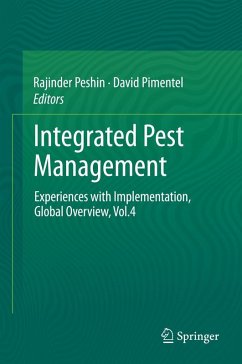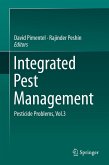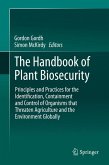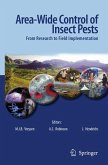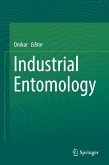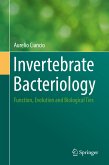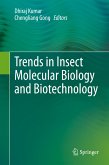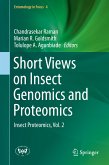Rajinder Peshin is an associate professor at Sher-e-Kashmir University of Agricultural Sciences and Technology of Jammu, India. His Ph.D. is from Punjab Agricultural University, Ludhiana, India, and his research expertise is diffusion and evaluation issues associated with sustainable agriculture research and development programs. Peshin has developed an empirical model for predicting the adoptability of agricultural technologies when put to trial at farmers' fields, and an evaluation methodology for integrated pest management programs. He has published more than 50 scientific papers and chapters of books, and has authored three books. He has also edited two books on integrated pest management, published by Springer in 2009.
David Pimentel is a professor of ecology and agricultural sciences at Cornell University, Ithaca, New York, USA. His Ph.D. is from Cornell University. His research spans the fields of energy, ecological and economic aspects of pest control, biological control, biotechnology, sustainable agriculture, land and water conservation, and environmental policy. Pimentel has published over 700 scientific papers and 40 books and has served on many national and government committees including the National Academy of Sciences; President's Science Advisory Council; U.S Department of Agriculture; U.S. Department of Energy; U.S. Department of Health, Education and Welfare; Office of Technology Assessment of the U.S. Congress; and the U.S. State Department.
Dieser Download kann aus rechtlichen Gründen nur mit Rechnungsadresse in A, B, BG, CY, CZ, D, DK, EW, E, FIN, F, GR, HR, H, IRL, I, LT, L, LR, M, NL, PL, P, R, S, SLO, SK ausgeliefert werden.

